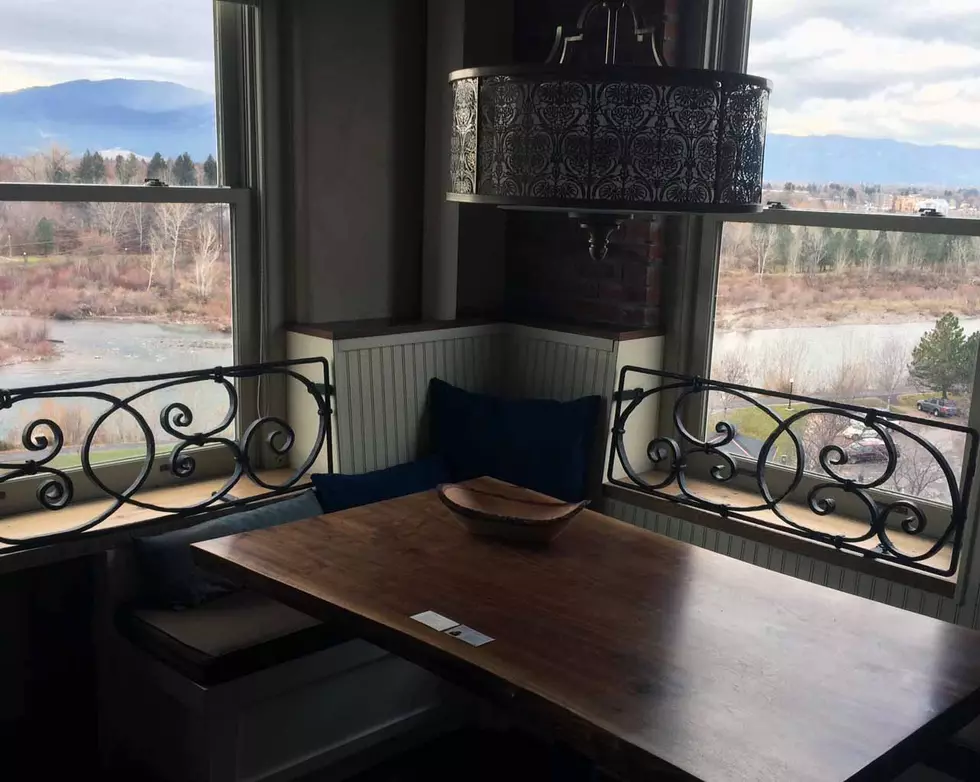
Missoula considering ‘shocking’ fee increase to register short-term rentals
Martin Kidston
(Missoula Current) In what one resident described as a “shocking increase,” the City of Missoula has proposed raising the fee on short-term rentals in Missoula to generate the revenue it says it needs to bring the industry into compliance with city regulations.
The city's current registration fee is $60 for the first year and $31 each year after for renewals. A separate fee for a business license and an inspection from the health department are also added on.
As proposed, the $60 fee would jump to $450 a year and would be charged annually each subsequent year. That doesn't include the separate fees for licensing and inspection.
The $60 fee was established in 2016 when the City Council adopted its current regulations on short-term rentals.
“It has not had an increase ever since,” said Emily Harris-Shears, the city's housing policy specialist. “With the revenue, we'll be able to do the monitoring, compliance checking and application processing in a way we don't fully have the staffing to do now.”
Anecdotally, short term and vacation rentals were thought to be biting into Missoula's housing stock at a time when housing was in short supply. The speculation prompted the city to fund a study that found 541 unduplicated short-term rental listings.
That represents only 1.5% of the housing stock and set aside concerns over the industry's impact on housing. But the study also found that of those 541 listings, only 112 are currently registered with the city.
The rest remain out of compliance with city ordinance, and the city is looking for ways to bring the industry into compliance while ensuring the safety of those who rent a listing.
“There's a cost associated with the teams that do this work, and that's currently not covered by the current fee,” said Harris-Shears. “It means we're paying for those positions from our general fund budget. We see an opportunity to redirect the onus of those costs onto the people who are utilizing this service rather than applying the expectation to cover this staffing activity among all taxpayers.”
While a fee increase in itself didn't receive strong rejection during its Wednesday unveiling, the level of the fee increase did leave some members of the City Council asking questions, along with several proprietors of short-term rentals.
While registering such listings is the goal, adding a substantial up-front fee may have the opposite effect. It could cause many to not register their business with the city.
“That might be a pretty radical increase and it might have people not be in compliance,” said council member John Contos. “People who rely on this for income, that's a big move.”
Council member Sandra Vasecka also expressed skepticism with the size of the increase.
“This is a 650% increase for new registration and the renewal is a 1,351% increase,” Vasecka noted. “Is this just trying to deter people from having short-term rentals? Is that the goal of the city?”
Harris-Shears disagreed with Vasecka's suggestion, though she also said that the fee may keep some from “experimenting” in the short-term rental market. The end goal, she said, was to bring the fee up to current costs and to regulate the market in the name of public safety.
“The goal is to mirror other practices in other communities that have similar landscapes as us, and in our licensing structure,” Harris-Shears said. “The goal and purpose of this is not a deterrence. Our goal is to get as many people in compliance with this work, so we can ensure the safety of people staying in short-term rentals with that registration.”
Eran Smith, who operates a short-term rental in Missoula, said she relies on the income it provides to care for her infirm and elderly parent.
She also said the industry is designed to regulate itself with ratings. A poor rating and business will suffer. A good rating and the business will thrive. She said the city could offer flexibility depending on how a short-term rental is reviewed and managed.
“It seems like there's some great ways to incentivize good behavior and penalize and make some revenue off of people that are causing problems,” she said. “I care for an elderly parent in my home. My full-time work is reduced because of my care-taking duties. The income that I make off of a flexible rental situation is critical to the support of myself and supporting a parent.”
Janna Boozer, who also runs a short-term rental, said the fee increase will do the opposite of what the city hopes to accomplish.
“The huge jump is kind of shocking,” she said. “I understand the goals of encouraging registration, but then all of a sudden we jump up to a fairly burdensome up-front fee. It's doing the opposite.”
